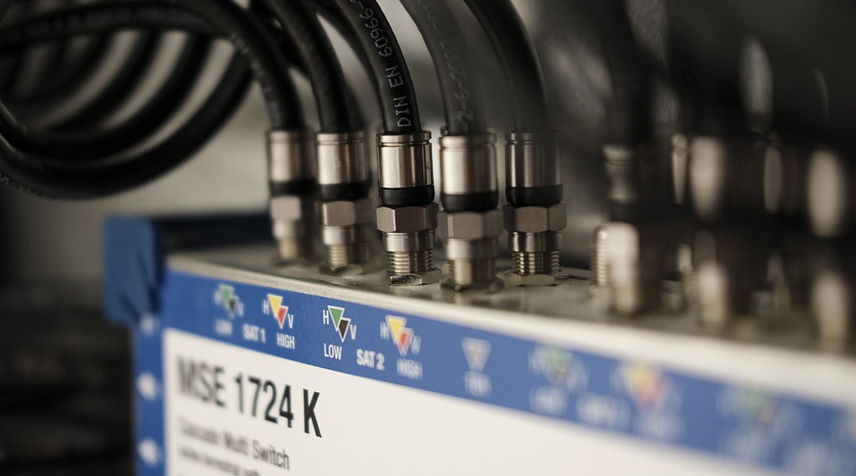Understanding the Importance of Your Valve Body
Driving a vehicle can be a smooth and comfortable experience, but there’s a crucial component that often gets overlooked: the transmission. As with any mechanical system, wear and tear over time can lead to malfunction, and understanding what might cause issues is key to maintaining your car’s performance. The valve body, nestled inside the transmission’s case, plays a vital role in precisely controlling the flow of power from the engine to the wheels.
The valve body is essentially a miniature command center for your automatic transmission. Think of it as a sophisticated set of valves that regulate fluid flow through various gears, ensuring smooth shifts and optimal performance based on driving conditions. It’s responsible for selecting the appropriate gear for acceleration, deceleration, or maintaining a constant speed. Without this intricate system working flawlessly, you might experience jerky shifts, sluggish performance, or even complete transmission failure.
Over time, valve bodies can wear down due to frequent use, leading to problems like sticking valves or incorrect fluid pressure regulation. Some internal components may become damaged due to wear and tear resulting in loss of functionality that ultimately affects the performance of the entire transmission. A worn-out valve body can lead to a range of issues, including slipping gears, rough shifting, hesitation during acceleration, and even complete gear failures.
The Big Picture: Costs for Valve Body Replacement
The cost of replacing your valve body is an important factor you should consider before making the decision. It might seem daunting at first glance, but understanding the breakdown will allow you to make informed decisions about your vehicle’s maintenance and repair.
However, remember that costs can vary significantly depending on several factors. These include:
- **Type of Vehicle:** The make, model and year of your car play a significant role in determining the cost. Luxury vehicles often require more specialized parts and labor.
- **Location:** The area you live in impacts pricing as mechanics might have different rates or availability.
- **Mechanic’s Expertise:** The level of experience and reputation of the mechanic can influence the final price, as they may be able to offer a faster turnaround time.
In general, prices for valve body replacement can range from $1000 to $5000. This is just an estimated range, and you should always contact reputable mechanics or auto repair shops for a precise quote before proceeding with the repairs.
Understanding the Additional Costs
While replacing your valve body itself might seem like the main cost, there are other expenses to consider. Always ensure you get a clear understanding of all potential costs involved in your repair:
- **Diagnostic Fees:** Before any work can begin, diagnosing the exact problem often requires a mechanic’s expertise. Expect to pay around $50-$100 for diagnostic fees.
- **Parts & Labor:** Labor costs vary depending on the complexity of the repair. You need to factor in hourly rates for mechanics and additional labor cost for parts replacement.
How to Plan for Valve Body Replacement
Before you commit to valve body replacement, consider these steps to ensure a smooth process:
1. **Get a Diagnosis:** Start by taking your vehicle to a trusted mechanic for diagnosis. A thorough inspection will help identify the root cause of the problem and provide a more accurate estimate of repair costs.
2. **Shop Around:** Once you have an idea of your expected repair cost, compare quotes from multiple mechanics or auto shops. This will help you find a reliable option with competitive pricing.
3. **Ask for a Detailed Breakdown:** Request a detailed breakdown of costs before authorizing any work to be performed. Be sure to understand the exact scope of repairs and any additional charges like disposal fees.
4. **Understand Your Warranty:** Find out whether your repair comes with a warranty, as this can help alleviate financial burden if issues arise in the future.
The Importance of Regular Maintenance
While valve body replacement is an essential repair, it’s crucial to consider preventative measures for extending the lifespan of your transmission:
- **Regular Fluid Changes:** Maintaining proper fluid levels and regularly changing transmission fluids helps prevent wear and tear on internal components. This simple act can significantly impact the overall performance and longevity of the valve body.
- **Listen to Your Transmission:** Pay attention to any unusual noises, sluggish shifts, or hesitation while driving. These could be early warnings that your valve body may need attention before more serious issues arise.
- **Schedule Regular Service:** Follow your car’s manufacturer schedule for regular maintenance to ensure optimal performance and minimize the risk of costly repairs like valve body replacement.



